-
- Water Status and Quality Monitoring Programmes
- Groundwater Status and Quality
- Superficial Water Status and Quality
- Protection of water from nitrates and pesticides
- Protección de las aguas frente a la eutrofización
- Contaminantes emergentes
- Especies invasoras en medios acuáticos continentales.
- Instructions, guidelines and protocols for measure and sample taking
- Archivos digitales de aguas subterráneas (ADEPAS)
-
- Hydrological Bulletin
- Assessment of natural regime water resources (SIMPA)
- Hydrology Yearbook Information System
- Sistema Automático de Información Hidrológica (SAIH)
- Evaluación de los Recursos Hídricos Procedentes de la Innivación (ERHIN)
- Official Network for monitoring the Quantitative Status of Groundwater
- Predicción estacional
-
- Primera convocatoria ciclo urbano del agua
- Segunda convocatoria ciclo urbano del agua
- Primera convocatoria regadío
- Segunda convocatoria regadío
- Conferencia Sectorial de Medio Ambiente: distribución territorial de fondos del PERTE de digitalización del ciclo del agua
- Tercera convocatoria del ciclo urbano del agua
Reserva Natural Fluvial Altzolaratz

La Reserva Natural Fluvial Altzolaratz se corresponde con un tramo central del río Altzolaratz aguas abajo de su confluencia con el río Granada y está ubicada entre los límites de los términos municipales de Aia y Zestoa, en la provincia de Guipúzcoa. El río Altzolaratz constituye un ejemplo singular y representativo de los ríos vasco-pirenaicos pertenecientes a la demarcación hidrográfica del Cantábrico Oriental de la provincia de Guipúzcoa.
Se trata de un tramo de río cuya estacionalidad es permanente durante todo el año, y su cauce, sinuoso y confinado discurre por una topografía abrupta, con valles encajados y laderas de fuerte pendiente. La mayor parte del cauce presenta escasas presiones antrópicas, manifestando por tanto de forma predominante una nula o escasa alteración de sus procesos naturales. El bosque de ribera presenta un buen estado de conservación y proporciona buen sombreado al cauce.
Esta reserva se encuentra ubicada dentro del espacio protegido Parque Natural Pagoeta y esta inventariado como Lugar de Interés Geológico. Pagoeta significa "zona de hayas" en euskera, con lo cual el hayedo es la principal característica natural de esta zona, pero también podemos encontrar vegetación de ribera autóctona (alisos y fresnos) y robledales. Respecto a las presiones que puedan afectar al estado y calidad del agua de esta reserva sólo cabe mencionar un número reducido de aprovechamiento agrícolas, no obstante, la masa mantiene un estado químico y ecológico bueno por lo que se considera que el riesgo de no alcanzar los objetivos medioambientales es bajo.

Reserva Natural Fluvial Altzolaratz
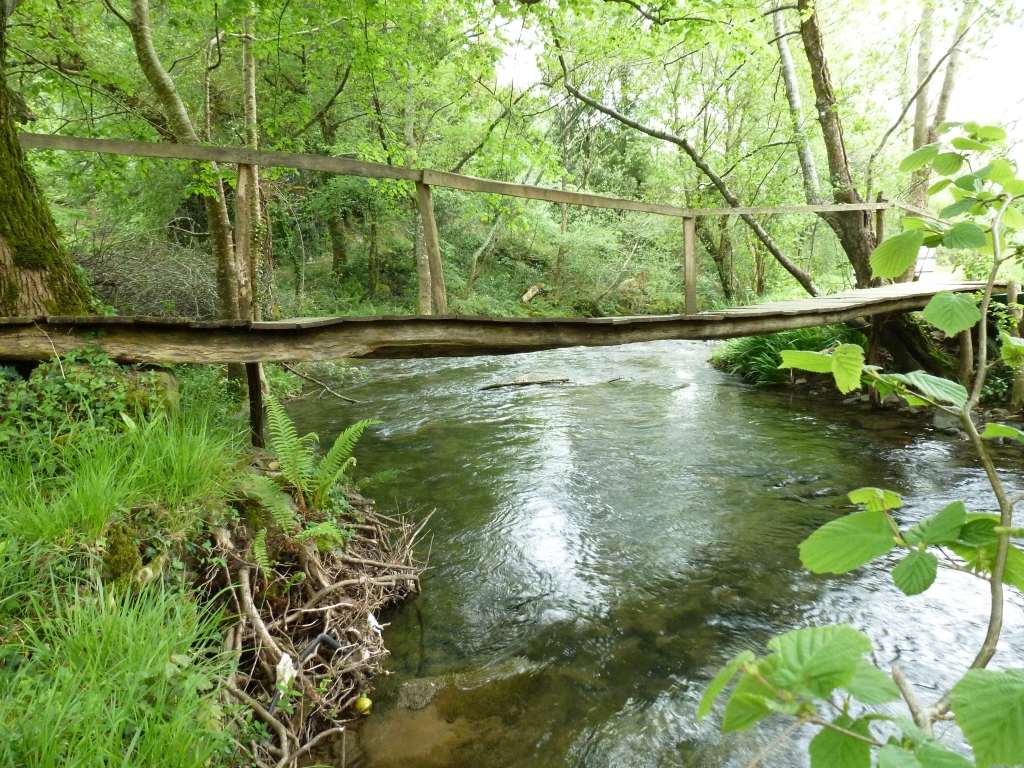 Reserva Natural Fluvial Altzolaratz
Reserva Natural Fluvial Altzolaratz
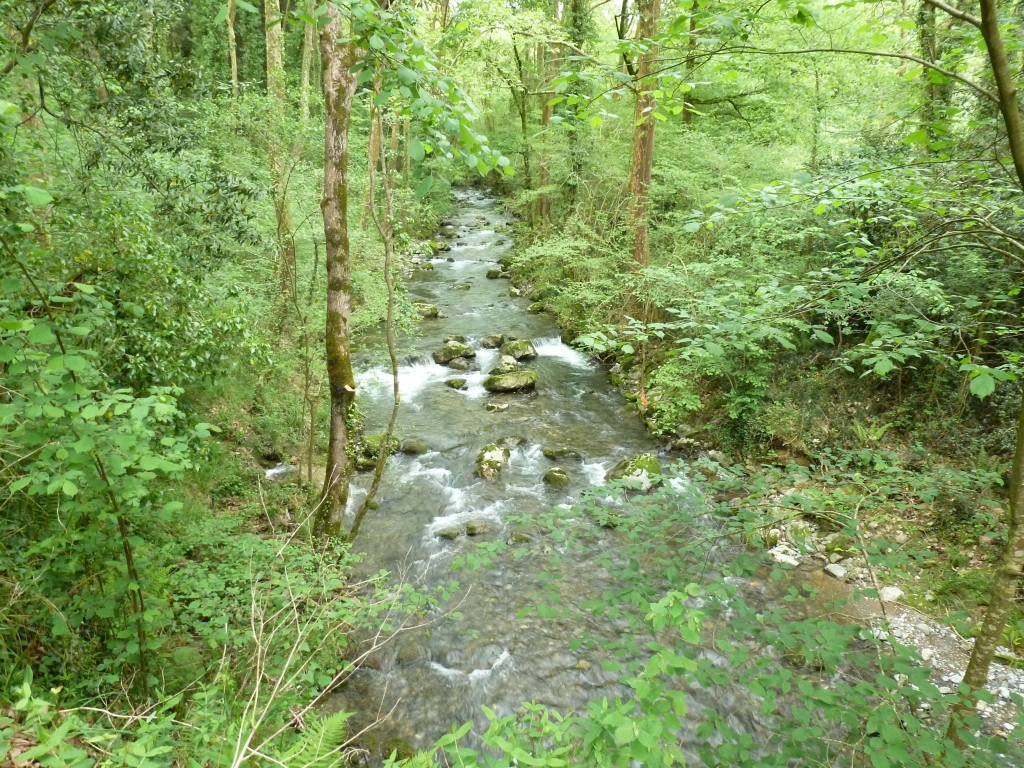 Reserva Natural Fluvial Altzolaratz
Reserva Natural Fluvial Altzolaratz
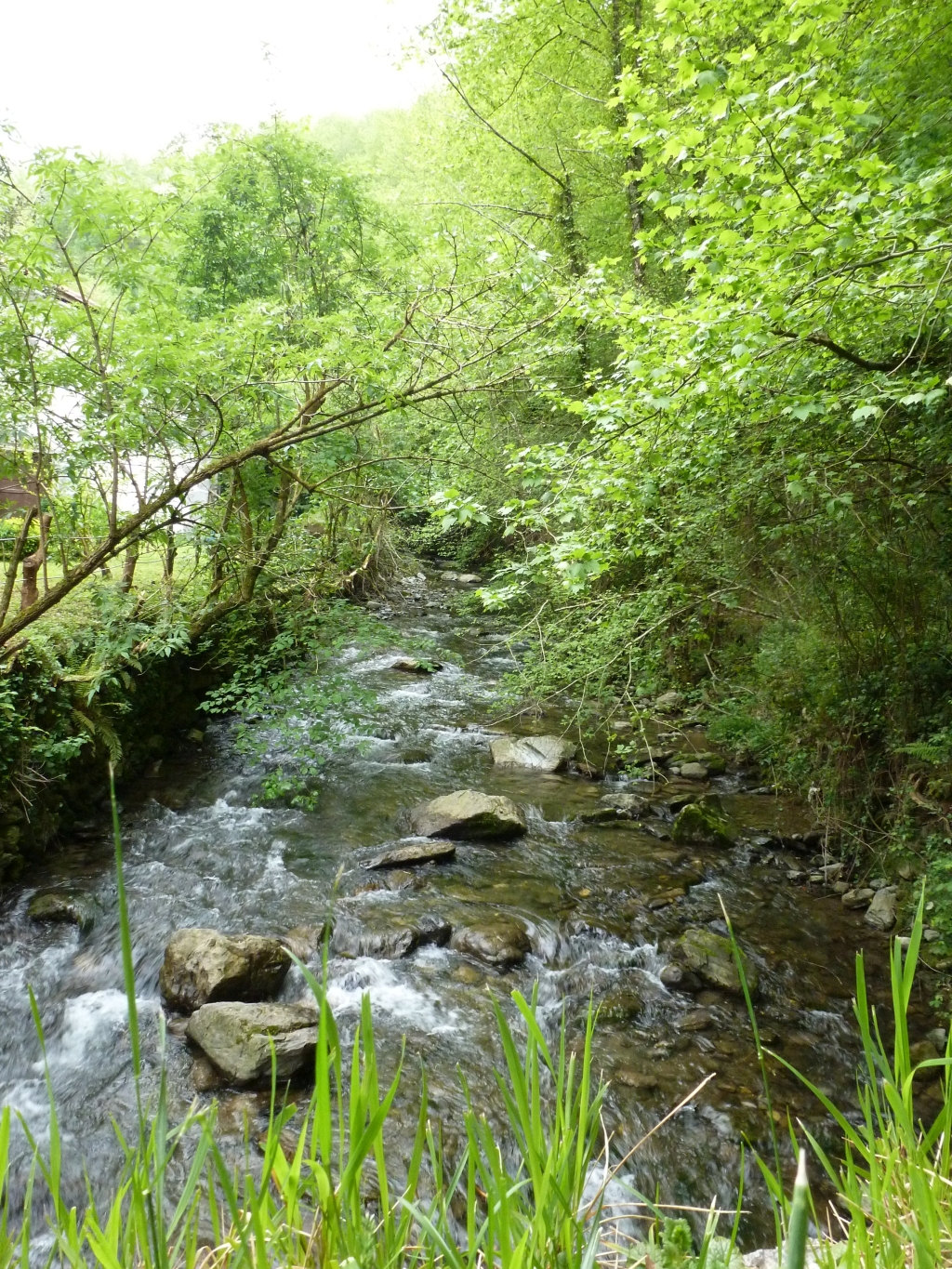 Reserva Natural Fluvial Altzolaratz
Reserva Natural Fluvial Altzolaratz
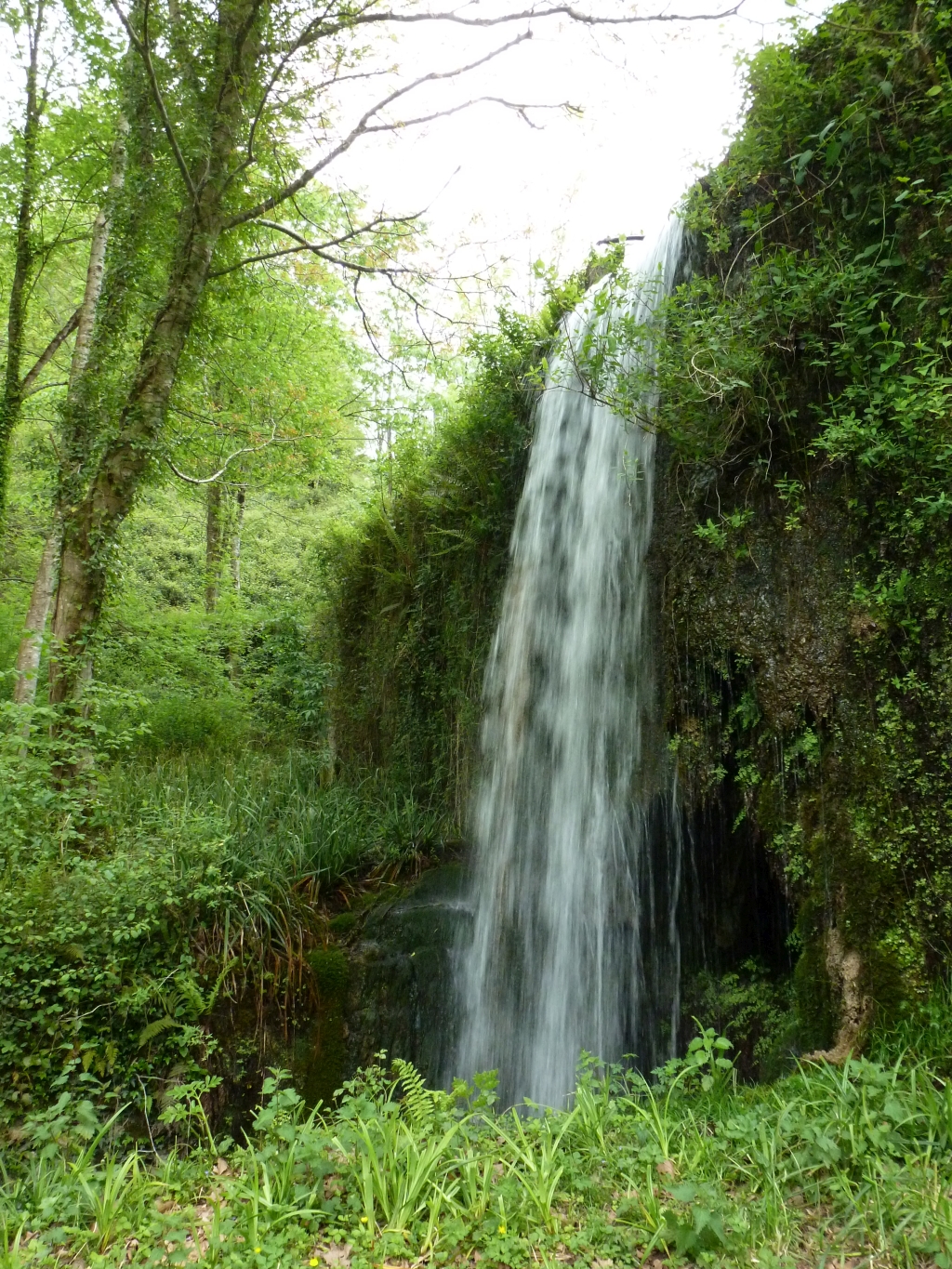 Reserva Natural Fluvial Altzolaratz
Reserva Natural Fluvial Altzolaratz
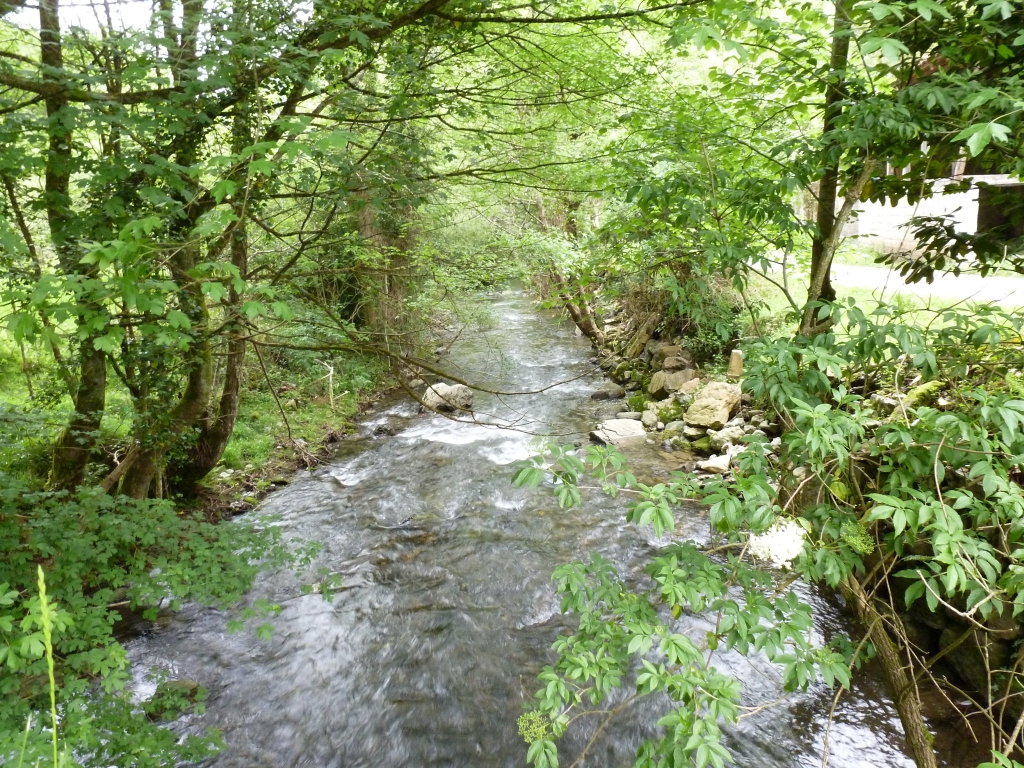 Reserva Natural Fluvial Altzolaratz
Reserva Natural Fluvial Altzolaratz
Descarga cartografía
-
1 ZIP
Ficha y plano
-
1 PDF ficha
-
1 PDF plano
This page provides information on cookies we use: We use our own and third-party cookies to keep your session active, personalise your experience, and collect anonymous statistics about how you use this website. You can choose to accept all cookies or select which types you'd like to allow. To learn more about the cookies we use, read our Cookies Policy.
We use two types of cookies on this site. First, there are Functional Cookies, which are essential for the website to work properly. They store session data to make your experience smoother and more convenient. On the other hand, Analytical Cookies collect information about how you use the portal, without personal data, helping us provide a better and more tailored service.
Introduction to the Use of Cookies on the MITECO.gob.es Website
Cookies are small files that are stored on your device when you visit a webpage. They are essential tools that help provide many of the services available on the information society. Among other things, cookies allow a webpage to store and retrieve information about a user's browsing habits or their device. Based on this information, they can be used to recognise the user and enhance the service provided.
Types of Cookies
Depending on the entity that manages the domain from which the cookies are sent and processes the data, there are two types of cookies: first-party cookies and third-party cookies.
There is also a second classification based on how long the cookies remain stored in the user's browser: session cookies and persistent cookies.
Finally, cookies can also be classified into five types based on the purpose for which the data is processed: technical cookies, personalisation cookies, analytics cookies, advertising cookies, and behavioural advertising cookies.
For more information on this, you can refer to the Guide on the use of cookies from the Spanish Data Protection Agency.
Cookies used on the website
The web portal of the Ministry for Ecological Transition and the Demographic Challenge uses Adobe Analytics, an analytics tool that helps website and application owners understand how visitors interact with their content. Adobe Analytics uses a small number of cookies to collect data and generate usage statistics for websites. This information is sent anonymously and is not shared with third parties under any circumstances. You can choose to accept or reject these cookies, as they do not affect the portal’s functionality. However, they help provide valuable information that allows us to offer a better and more tailored service. For more information about Adobe Analytics cookies and privacy, please refer to the following links:
Additionally, pages featuring content from social network X will only set cookies if the user is logged into the X site. For more details on these cookies, please refer to the following link: Privacy on Social Network X
Finally, a technical cookie named MITECO-compliance is stored, which is a first-party, technical, and session-based cookie. It manages user consent for the use of cookies on the website, remembering which users have accepted them and which have not, ensuring that those who have accepted are not shown cookie consent messages at the top of the page. This cookie is essential for the proper functioning of the portal.
Cookies Policy Acceptance / Rejection
The Ministry for Ecological Transition and the Demographic Challenge gives you the option to accept or reject cookies that are not essential for the portal's operation. Upon accessing the portal, a message will be displayed in the centre of the page with information about the cookie policy and the following options:
· Firefox
· Chrome
· Safari